
Premier Li Qiang (right) shakes hands with visiting Russian Prime Minister Mikhail Mishustin in Beijing on Tuesday. Mishustin is in China for the 28th regular meeting between Chinese and Russian heads of government. (Photo by Wang Zhuangfei/China Daily)
Joint efforts pledged to boost energy security, exchanges and cooperation
Premier Li Qiang and Russian Prime Minister Mikhail Mishustin stressed their shared commitment on Tuesday to enhancing the internal dynamics of bilateral relations and building up trade and agricultural cooperation.
The two leaders jointly presided over the 28th regular meeting between Chinese and Russian heads of government in Beijing.
They pledged joint efforts to uphold the energy security of both nations, bolster connectivity and strengthen people-to-people exchanges and cooperation at subnational levels.
Both leaders also agreed during the annual meeting, the first of which was held in 1996, to guarantee the security and stability of industrial and supply chains.
Li and Mishustin, who is visiting China on Tuesday and Wednesday, jointly announced the successful conclusion of the China-Russia Year of Sports Exchange for 2022 to 2023, while pledging to ensure the success of the China-Russia Year of Culture for 2024 to 2025.
The premier told his guest that Beijing is willing to work with Moscow to take the 75th anniversary next year of the establishment of bilateral diplomatic relations as an opportunity to carry forward the lasting friendship between the two nations.
He highlighted the necessity to promote new and greater development in China-Russia relations and inject more stability and positive energy into the world.
The Russian prime minister emphasized that Russia-China relations are at the highest level in history and have maintained rapid development momentum.
Russia is willing to work with China to implement the consensuses of the two heads of state, strengthen cooperation in the fields of the economy, trade, energy and investment, deepen cultural exchanges, and strengthen communication and coordination over multilateral affairs, he said.
He expressed readiness to elevate the bilateral comprehensive strategic partnership of coordination to a higher level.
The two heads of government also heard reports of representatives engaged in promoting bilateral investment, energy cooperation, regular meetings between Chinese and Russian heads of government, people-to-people exchanges and subnational cooperation.
The ties between Beijing and Moscow have been built on robust bilateral trade. According to the General Administration of Customs, the trade volume between China and Russia increased by 26.7 percent to a record $218.17 billion during the January-November period, which means the two nations have already reached the target of increasing bilateral trade to $200 billion by 2024.









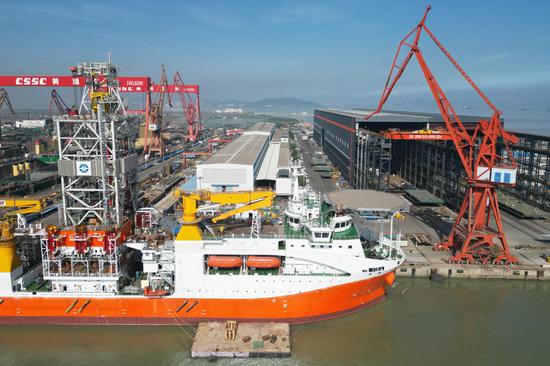
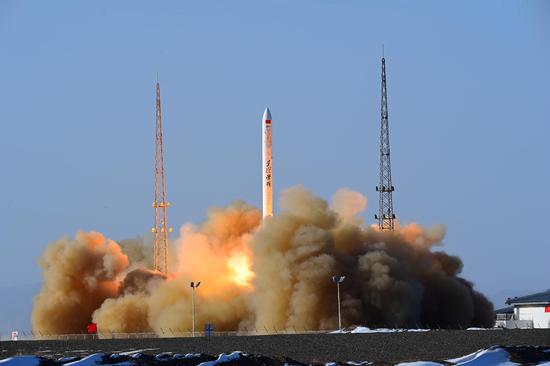

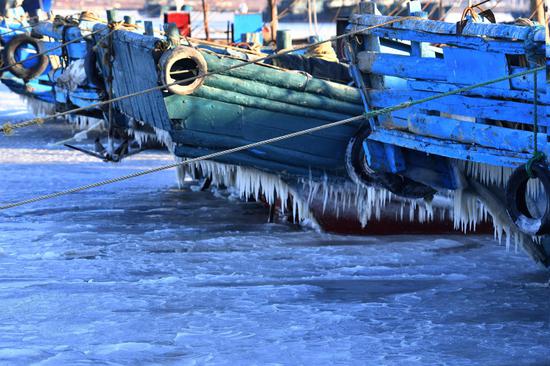
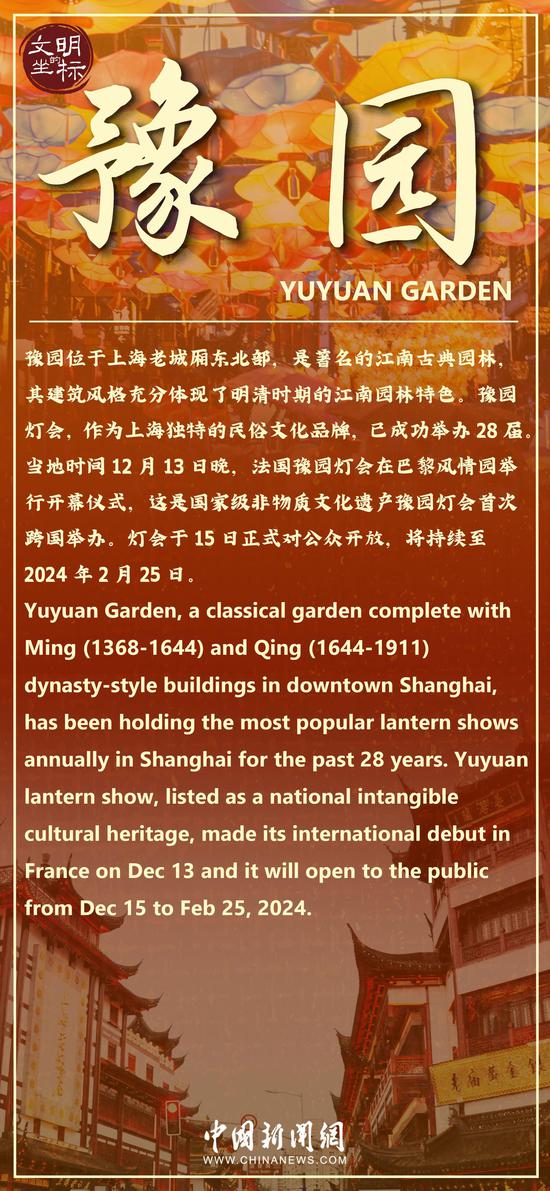
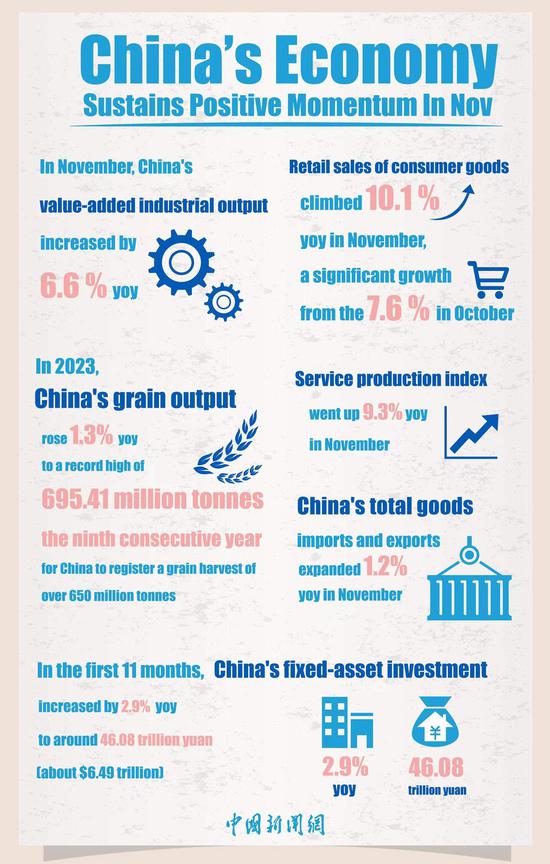



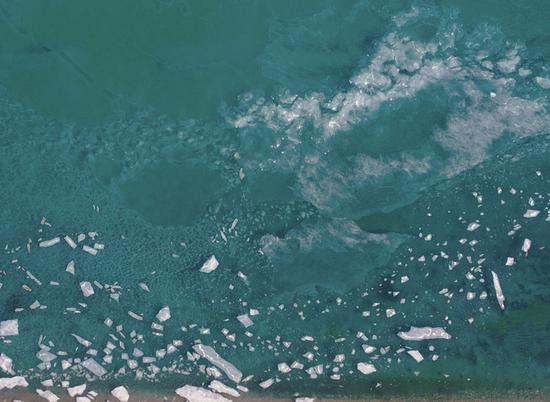
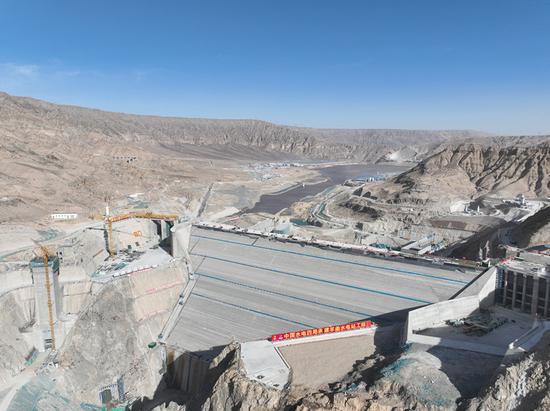
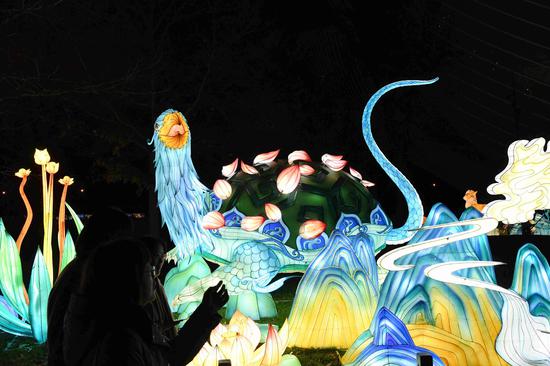
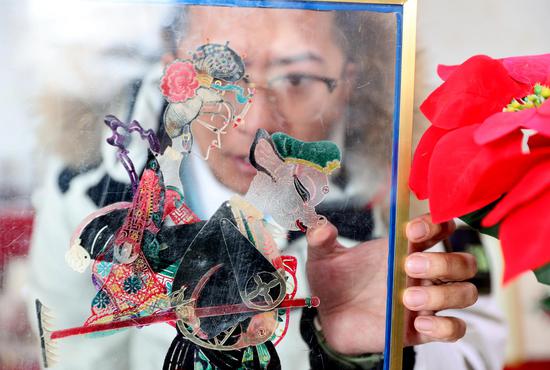
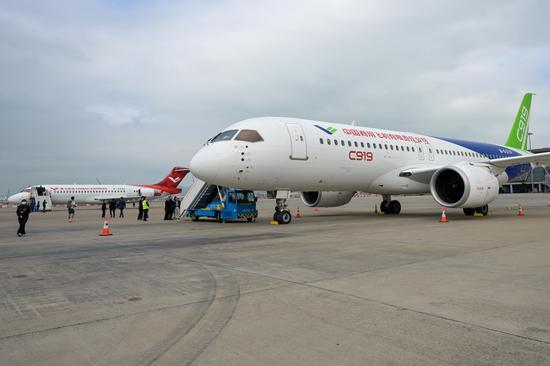
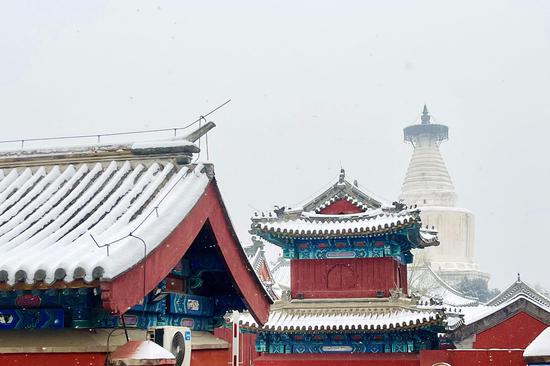

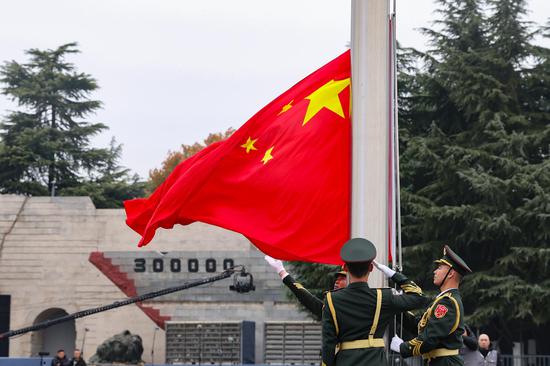

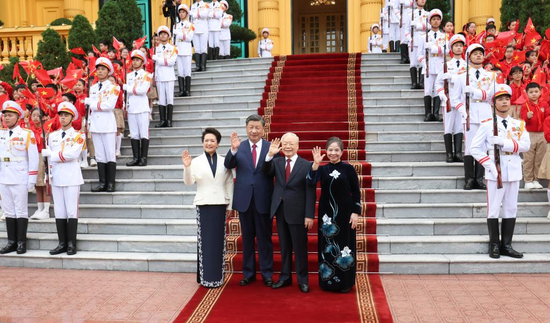
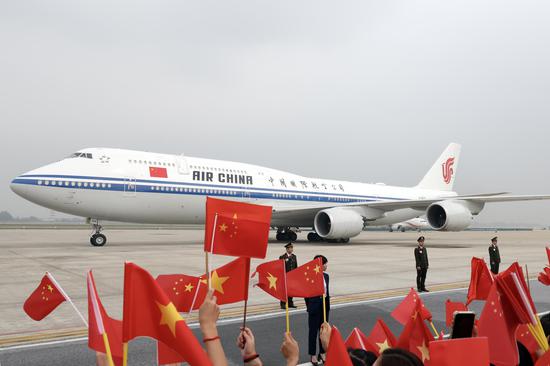
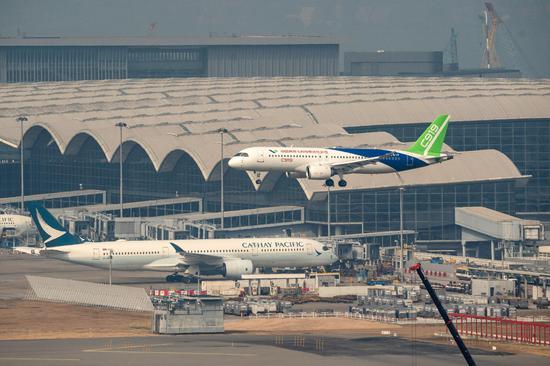
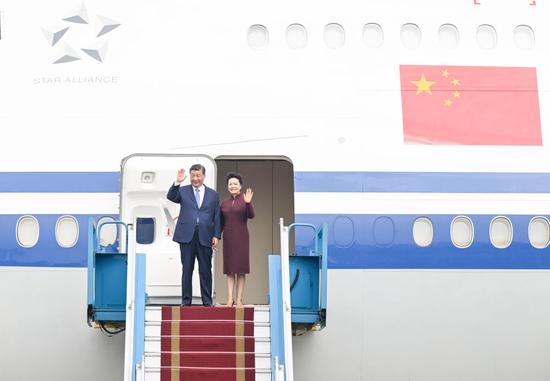
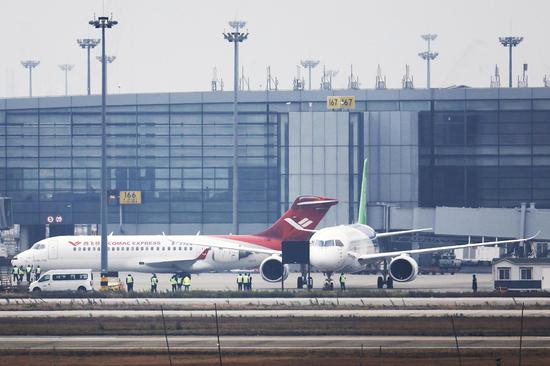
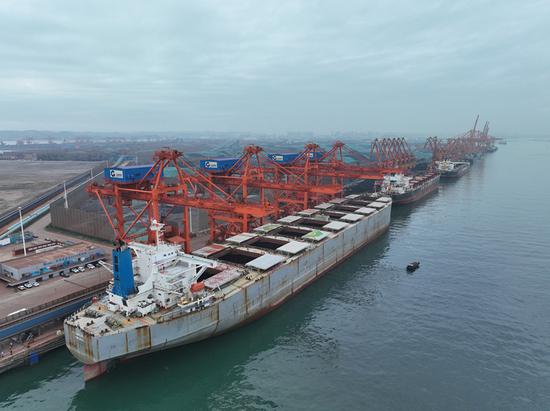
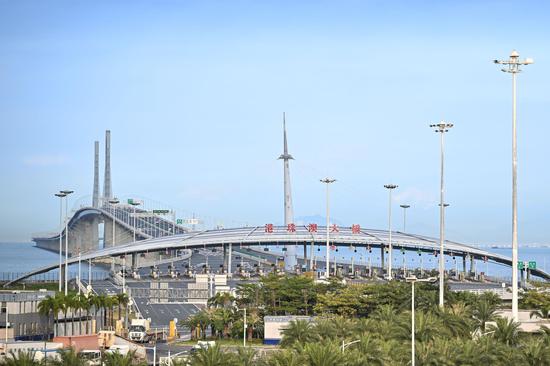
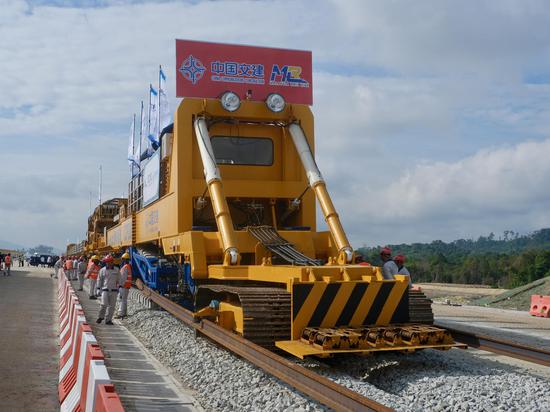
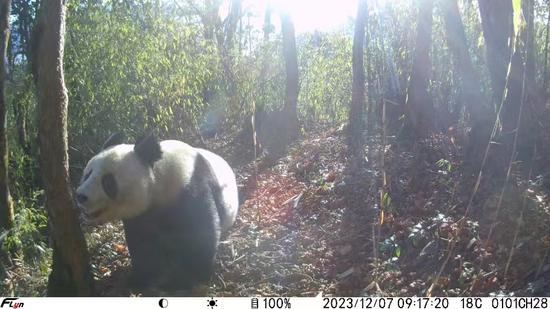
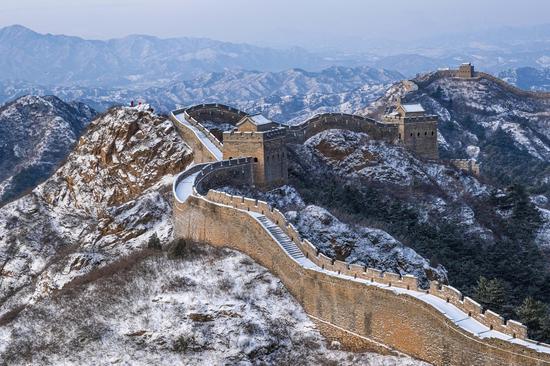
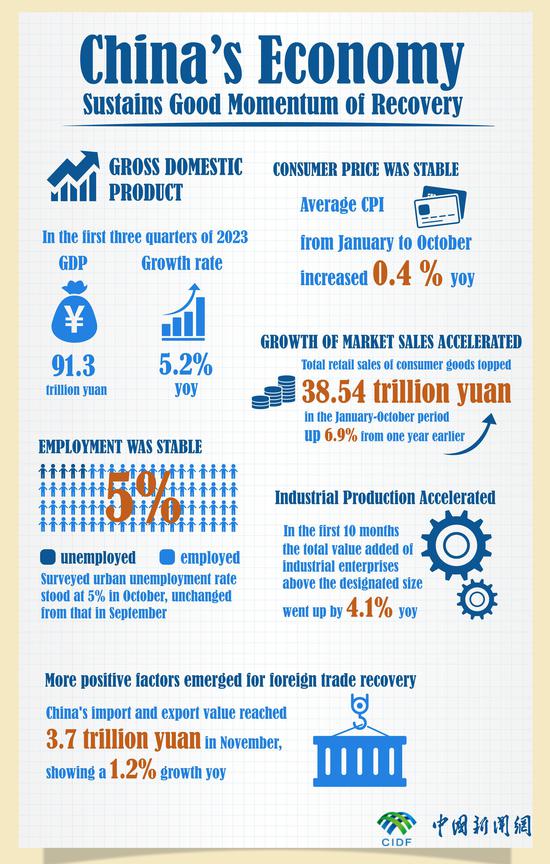
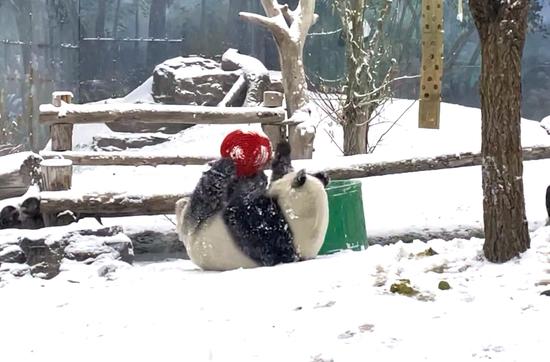
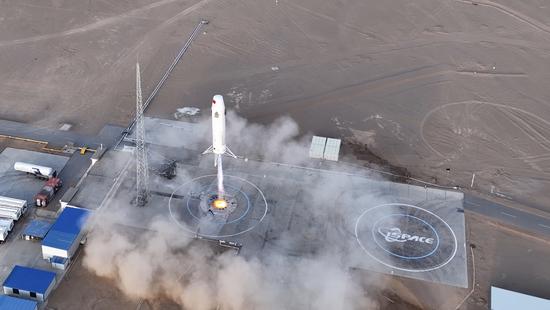
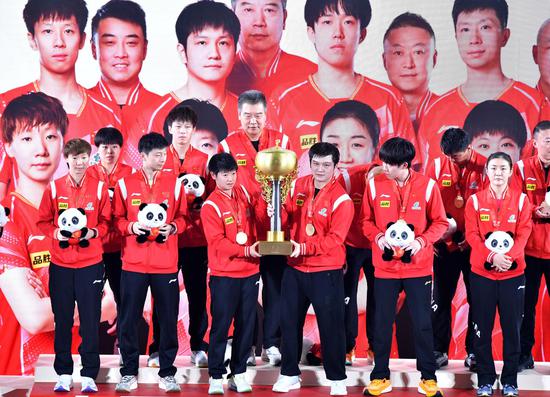

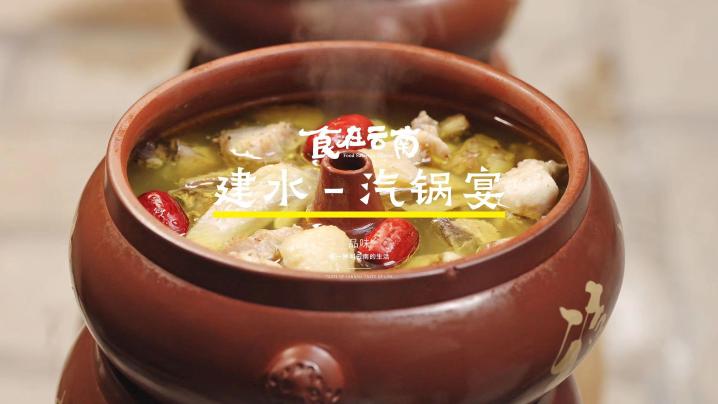

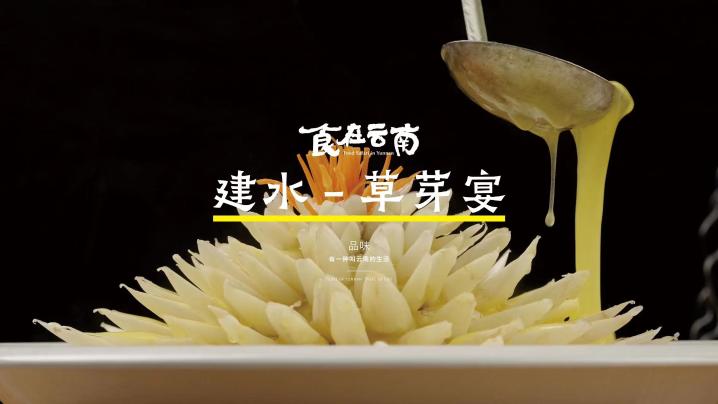

 京公网安备 11010202009201号
京公网安备 11010202009201号